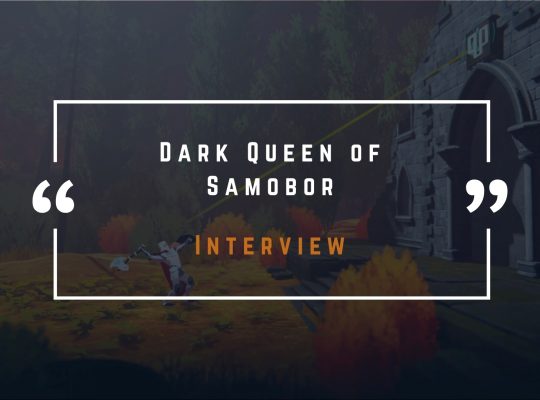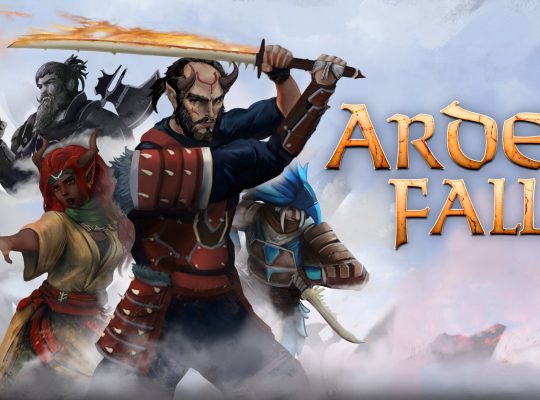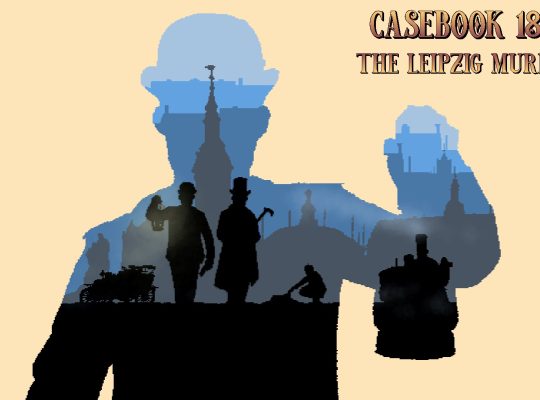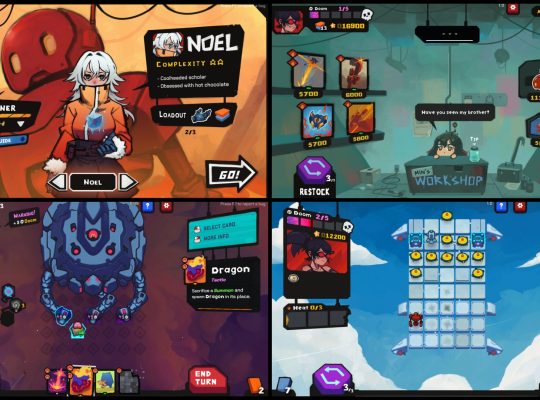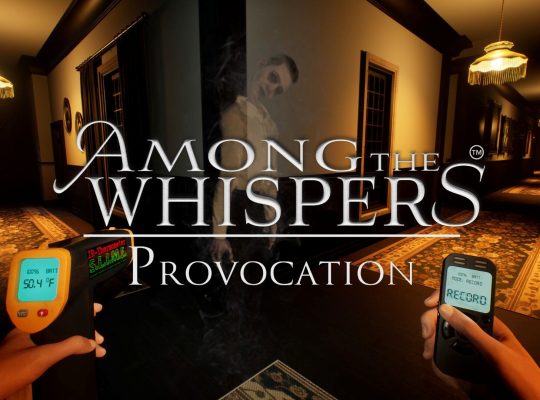We reached out to Balazs Domsodi, co-founder of Hungary’s NovaSphera Studio, who shared insights into their game Elflock, providing us with a better understanding of what to expect, the anticipated release date, and the mechanics that set it apart. Elflock will be available for PC via Steam.
For those unfamiliar with Elflock, it takes place in a beautifully crafted fantasy world and provides a story-driven single-player experience. The gameplay blends classic mechanics like exploration, inventory management, and puzzle-solving with fully voiced and animated dialogue trees, enabling you to uncover secrets, tackle challenges, and engage meaningfully with other characters.
In this game we follow The Princess, which seeks to help her father, the king, expose treachery within the royal court. As she embarks on her journey, you will witness her emotional growth and face difficult decisions that ultimately shape the fate of the kingdom.
Can you tell us about the inspiration behind Elflock? What are some Hungarian motifs we’ll be able to find in the game?
Historical authenticity is a cornerstone of Elflock’s world-building, particularly in evoking the atmosphere of 12th-century Europe. However, the game doesn’t adhere strictly to historical accuracy, as magic plays a significant role in shaping the events and setting. Elusive magical creatures and rare artifacts with supernatural powers subtly influence the narrative backdrop.
Hungarian folklore is a key inspiration, manifesting in the portrayal of mythical beings, period superstitions, and in smaller details like traditional foods and beverages. Without giving too much away, I can hint that a uniquely Hungarian element will play a pivotal role in the story.
Would you consider Elflock to be similar to Kingdom Come: Deliverance, but set in Hungary with less emphasis on combat?
While Elflock features strong Hungarian motifs, it isn’t set specifically in Hungary but in a fictional world inspired by that era. This approach gives us the flexibility to explore creative storytelling while preserving an authentic medieval setting.
There are some similarities to Kingdom Come: Deliverance, as both games share a medieval setting and emphasize historical immersion. However, Elflock differs significantly in its focus. The exploration of magic and its mysteries is central to the experience, and the game has no combat at all. Instead, it relies on classic adventure game mechanics and navigating expansive dialogue trees.
It’s also worth noting that while Kingdom Come: Deliverance was created by a professional studio, Elflock is being developed on a much smaller scale by a group of people contributing their free time. It’s a passion project that allows us to learn as we create.
The Princess is described as a deep and emotionally complex character. How did you use motion capture and voice work to help bring her personality and inner struggles to life?
Portraying the Princess’s depth and emotional journey is one of our greatest challenges. She is a young adult who must quickly mature as she returns to her homeland – a place she barely knows but is heir to – which is now under threat from the very kingdom where she was raised. To express her inner thoughts and struggles, we’ve had the luck of finding a very enthusiastic and passionate performer.
On the technical side, we leverage Unreal Engine’s facial motion capture for MetaHumans, a cutting-edge technology provided by Epic Games. This tool has been invaluable for developers working with limited budgets, enabling us to achieve emotionally compelling performances without the need for expensive equipment.




The plot, as you mentioned, involves uncovering treachery in the royal court. Without giving too much away, can you share some key themes or conflicts players can expect to explore?
One of the most interesting aspects of Elflock is the Princess’s tricky position of power, especially since she is young and inexperienced. She has to depend on a group of nobles who are older, more seasoned, and often looking out for themselves. With the kingdom on the edge of war, the Princess must handle complicated relationships, figure out hidden motives, and confront surprising moments of honesty and betrayal. Players will explore the complex agendas of the nobles and discover the truth behind them.
Are there any unique gameplay features or mechanics that you feel set Elflock apart from other narrative adventure games?
What makes Elflock stand out is how it combines traditional adventure game mechanics – like puzzle-solving and item gathering – with meaningful dialogue trees where the player’s choices directly shape a branching story. The game’s strong focus on court intrigue is something yet to be explored in this genre. Also, a low-fantasy setting is rarely used in other games similar to Elflock.
Can you give us a sense of the scale of the world? How much freedom will players have to explore beyond the main storyline?
The game is set entirely within the royal castle, including its courtyard and some surrounding buildings. While the world is more contained, the focus is on depth rather than size. The narrative structure is far from linear; in fact, it is more like a web. Players can explore different storylines, and the decisions they make during their exploration can lead to various outcomes. Activities that may seem like side quests in one playthrough can have significant consequences if pursued further in another.
Lastly, are you planning to release the game for consoles in the future, and is the game set to release in 2025?
We are currently aiming to release a playable demo for PC in the summer of 2025. While it’s difficult to predict the full game’s release, we’re aiming for a PC launch first, with potential console releases to follow, depending on reception and sales.




